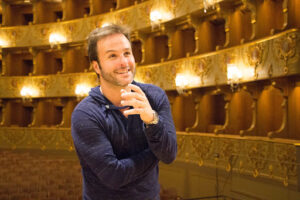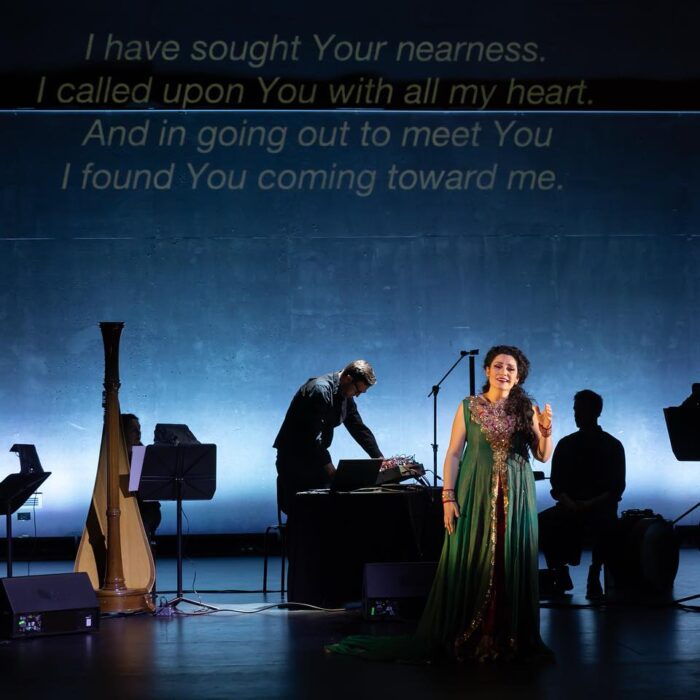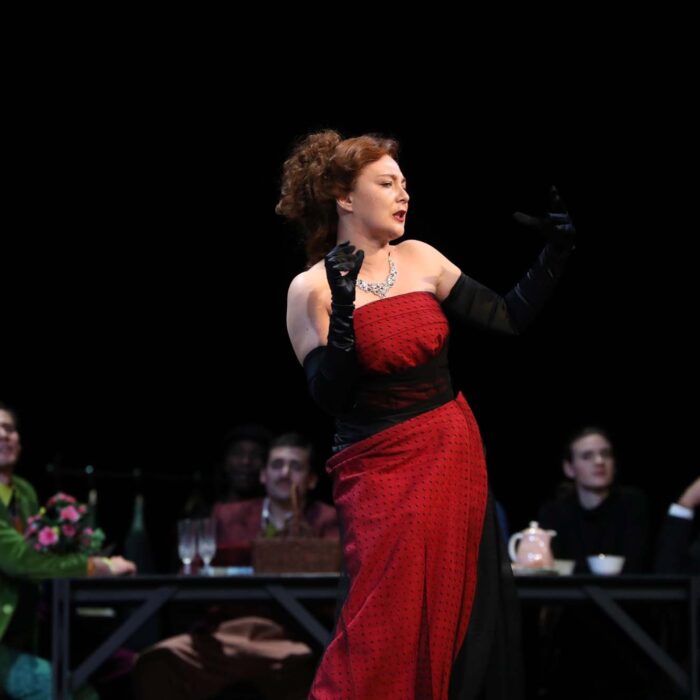
Artist of the Week: André Heller-Lopes
Brazilian Director Brings New ‘Rusalka’ to Tenerife
By Francisco SalazarThis week the Opera de Tenerife is set to present a new production of Dvořák’s most popular opera “Rusalka.” The work will include famed Spanish singers and will be directed by Brazilian director André Heller-Lopes, one of Latin America’s most popular opera directors.
OperaWire spoke with Heller-Lopes regarding his ideas and inspiration for Rusalka. The following are the director’s thoughts on the work.
OW: What is your approach to directing?
AHP: As a director, I like the idea of an aesthetic that could best be described as “classic with a twist” (or with a Brazilian/Latin American “spice”, if you prefer!). I like to invite the audience into the way I see the work, into my world. I do not want to force or scandalize them, but rather to seduce and ask audiences to “open up” to new ways of seeing a particular opera. Part of this journey is to share with the audience a bit of what goes on backstage, in the rehearsal room, or before the curtain is up.
OW: What inspired you for this new production?
AHP: In a way, my very first ideas about “Rusalka” were born when I was doing “La Voix Humaine” in Sao Paulo, back in 2021. Because of the pandemic, the orchestra had to be on stage, behind the sets. As I arrived early to one of the performances, I happened to notice that the light designer was checking his cues and playing with some light effects over the empty orchestra; that created a magic atmosphere that instantly caught my eye. “I wish people could see that This is the ‘border’ between reality and the magic we create,” I thought. I took some pictures and kept the idea in the back of my head.
Several months later, I was approached to direct “Rusalka” for Tenerife, my debut in Spain after having directed in Germany, Poland, Austria, Estonia, Portugal or the UK. My first idea about this amazing Dvořák piece was that I should “invert” its worlds: make what is normally a fairy tale the real world and vice versa. Why? Perhaps because Rusalka’s dream of love turns out to be a fairy tale, a romantic fantasy that proves to be a mistake in the end (as most romantic love affairs in opera seem to be…). So why not start with the idea that the world of Act one (and three) is the real world, set somewhere in the 20th century. And because Rusalka offers her voice in sacrifice then she could be a singer. You can guess that the image of the empty orchestra, flooded with stage lights came instantly to my mind. As for the second act, it is the realm of the Prince so this means that needed to be a fairy tale land. Coincidentally, as we had our first meetings about the project, I embarked on a trip to Persia to visit a good friend who was then the Brazilian Ambassador there. Somehow Czech folklore and the Thousand and One Nights found a mutual ground.
OW: What did you discover on your journey?
AHL: During the journey to design and materialize my ideas I discovered not only a work of immense beauty but also a piece that is very modern in its discussion of romantic love, expectations we make when are enamored, and how blind passion seldom leads into a fairy tale love story. The moment we want to change or disguise ourselves to be loved is the moment we lose the loving game.
For more information on the director’s ideas here is a video of the director from Tenerife.
Categories
Artist of the Week

